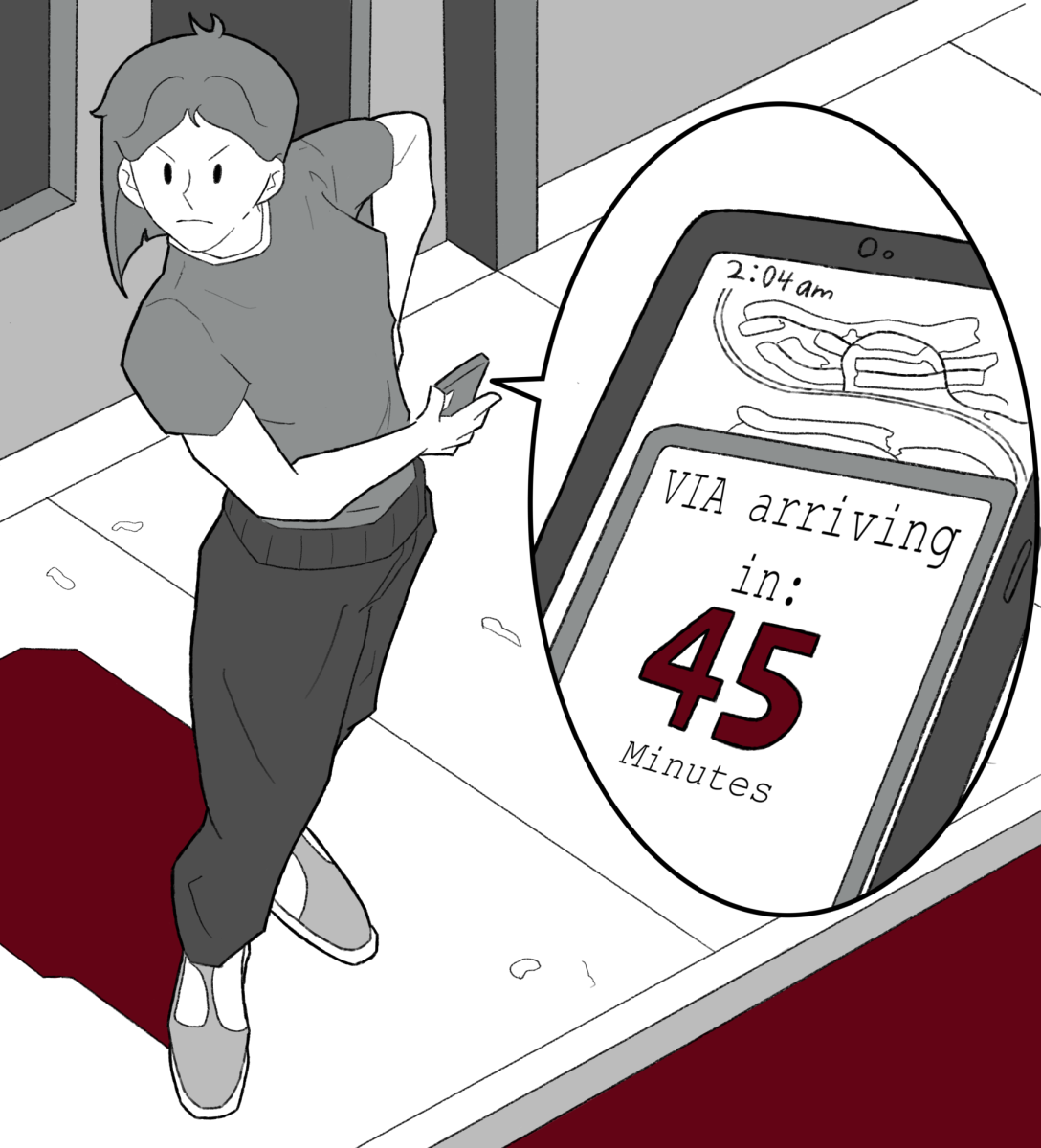Last weekend a friend and I took the Red Line to Edgewater, a neighborhood on the North Side of Chicago. We had tickets to see Cecile Richards, former president of Planned Parenthood, who had stopped in the city to promote her new book, Make Trouble. The event was hosted by Women & Children First Bookstore, featuring Richards in conversation with our own David Axelrod.
We arrived at the venue early to stake out good seats near the front, and before Richards and Axelrod came to the stage I looked behind me and to both sides. The auditorium was full—hundreds of people, overwhelmingly women, had come to see Richards— but everyone was white. I turned and said this to my friend and she looked around as well. We struggled to find more than a few people of color in the vast crowd.
At first, this confused me.
Planned Parenthood has made it a priority to make healthcare accessible to people of widely diverse backgrounds. According to a 2014 press release, 54 percent of health centers are in rural or medically underserved areas and 75 percent of patients have incomes at or below the federal poverty level. This press release also spells out the specific impacts access to Planned Parenthood health centers has on communities of color.
Furthermore, Richards herself has been an advocate for intersectionality. In an interview for interviewmagazine.com, Richards said, “Young people really understand that all of the issues that we’re talking about are completely intersectional. It’s no good to have a right if you literally can’t access it. Whether it’s the restrictions on people’s voting or lack of access to reproductive care, they hurt low-income women of color the most in this country. That’s not by chance.” At the event, she said that the current priority for Planned Parenthood is increasing healthcare equity.
At this year’s Women’s March in Las Vegas, Nevada, Richards declared that recent electoral victories for women “were led and made possible by women of color.” To white women, she said, poignantly, “We’ve got to do better.”
However, it is Richards herself—and the organizers of her book tour—who could have done better in this case.
Despite the amazing work of Planned Parenthood and Richards’s past statements on intersectionality, the venue for her talk—over an hour away from the South Side by CTA—was not conducive to attracting an audience representative of the city of Chicago. A look at any demographic map will show you that segregation is still alive and well in our city today, and Edgewater, and its surrounding neighborhoods, is overwhelmingly white. In this way, the venue choice inherently disadvantaged those—predominantly black—who don’t live on the North Side.
Furthermore, the price of the event was exclusionary. With tax and processing fees included, my ticket was $34. With it came a signed copy of Make Trouble, but there was no option to opt for a lower-priced ticket without the book, which one could easily pick up at the library or borrow from a friend. While I had my U-Pass provided by the University, most don’t have that luxury: CTA fare plus a $34 ticket makes for a $40 afternoon. That’s not cheap.
Since it was moderated by Axelrod, I couldn’t help but question why the event wasn’t held at UChicago, which could accommodate a large crowd and would have been a much more accessible location for those who live on the South Side. While many of the Institute of Politics' Speaker Series events are open to the public, the higher-profile speakers often are not. In the context of the ongoing dialogue about UChicago’s controversial impact on the Hyde Park and Woodlawn Communities, making high-profile speakers like these open to the public would be a great way of engaging the community and perhaps beginning to remedy past injustices.
Overall, Richards has done incredible work with Planned Parenthood over the past 12 years. But the inequalities built into this particular event reflect a much, much broader problem: Information about health care and reproductive rights is simply not available to low-income women of color in the same capacity that it is available to other demographics. Richards stated that the main reason she stepped down from her role as president was to make room for the new generation of leaders, and it is clear that this new generation—our generation—still has a lot of work to do.
Alexa Perlmutter is a first-year in the College.








